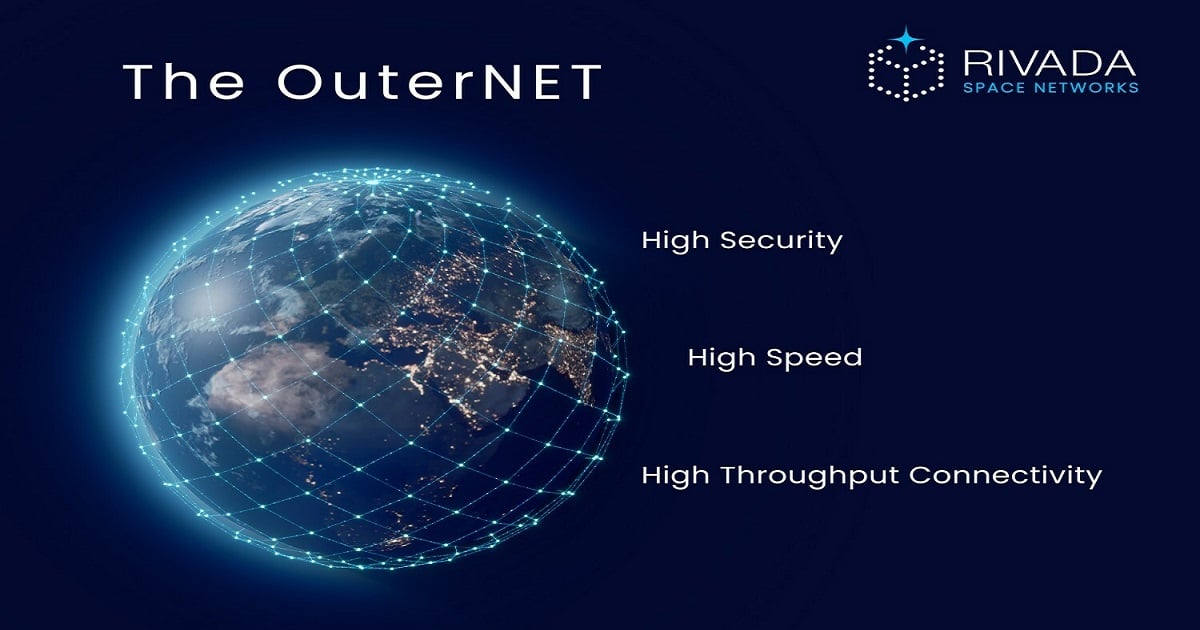
Natural and man-made disasters are more than just physical calamities; they're communication nightmares. Hurricanes, earthquakes, tornadoes, fires and other conflicts wield devastating blows to telecommunications infrastructure, often leaving communities isolated and first responders unduly hampered.
For example, a single hurricane can disrupt service for millions, with around 50% of cell sites knocked out on average, according to the FCC. Earthquakes can topple towers and shatter fiber optic networks, while wildfires can melt crucial equipment. The consequences are dire, stretching from delayed emergency responses to widespread misinformation and panic.
Rebuilding these intricate systems is a monumental task, often taking days, weeks or even months to restore even basic connectivity. This leaves first responders struggling to coordinate and communicate effectively. Imagine fire crews battling a blaze blindfolded, paramedics navigating an earthquake zone deaf to calls for help – that's the reality when disaster strikes communication.
Even when the physical infrastructure remains intact, the surge in demand can overwhelm existing systems. With everyone scrambling to connect with loved ones or access vital information, networks buckle under the strain. This digital gridlock further hinders critical communication, delaying emergency assistance and amplifying the chaos.
The long story short is disasters are not just physical threats; they're communication crises demanding immediate attention and innovative solutions.
Tekniam, founded in 2021, brings connectivity to remote locations throughout the world during emergencies, by providing advanced portable, scalable and secure telecommunications solutions for first responders, NGOs, governments and more.
Tekniam's Remote Universal Communication System (News - Alert), or RUCS, for example, is a compact, easily transportable and fast to deploy emergency wireless network solution designed to provide essential connectivity for rapid and secure communications. This solution ensures personnel remain connected, and businesses can get back up and running before internet is restored.
Still, Tekniam wants to make sure its solution is more resilient for any emergency. Therefore, Tekniam partnered with Rivada Space Networks to use The OuterNET.
Rivada’s OuterNET is a constellation of 600 satellites forming a secure, low-latency data highway in space. This orbital mesh network leverages laser links and advanced onboard processing to offer pole-to-pole coverage and fast speeds to exceed terrestrial fiber over long distances. Data stays within the network, creating a robust layer of security ideal for organizations with widely distributed sites.
OuterNET is also suited for the low latency and secure connectivity required to support disaster recovery. When networks go down so do credit card payments, business-to customer communications, access to cloud data and more until connections are restored.
OuterNET's disaster resilience ensures critical communications remain operational even when ground networks fail.
“The OuterNET allows satellites to go beyond their traditional role of ‘gap-filler,’ and our fully inter-connected space network, independent of terrestrial infrastructure, is rapidly becoming the network of choice for resilient and secure communications,” said Declan Ganley, CEO, Rivada.
Tekniam will use the OuterNET where Rivada's secure, high speed and reliable optical satellite network will be available anywhere on earth. Doing this ensures emergency communications can be deployed and operational in minutes.
Here is how it will work. Tekniam's RUCS compact terminal establishes a hot-spot, and all that is required is a clear line of sight to the satellite and the ability to precisely direct the dish. Compact equipment can be hand carried to locations and solar powered for maximum flexibility and efficiency.
“The OuterNET is a fully interconnected orbital network which effectively serves as our own private network in space, capable of routing traffic at gigabit speeds from one satellite to another with no need for a gateway on earth,” said Andrew Heaton, CEO, Tekniam. “For our solutions, that really matters not just for speed and security but for coverage too".
OuterNET is expected to solve essential connectivity and networking challenges, opening new opportunities for business communications globally. The first satellite launch is set for 2025, with global service starting in 2026.
Edited by
Alex Passett





